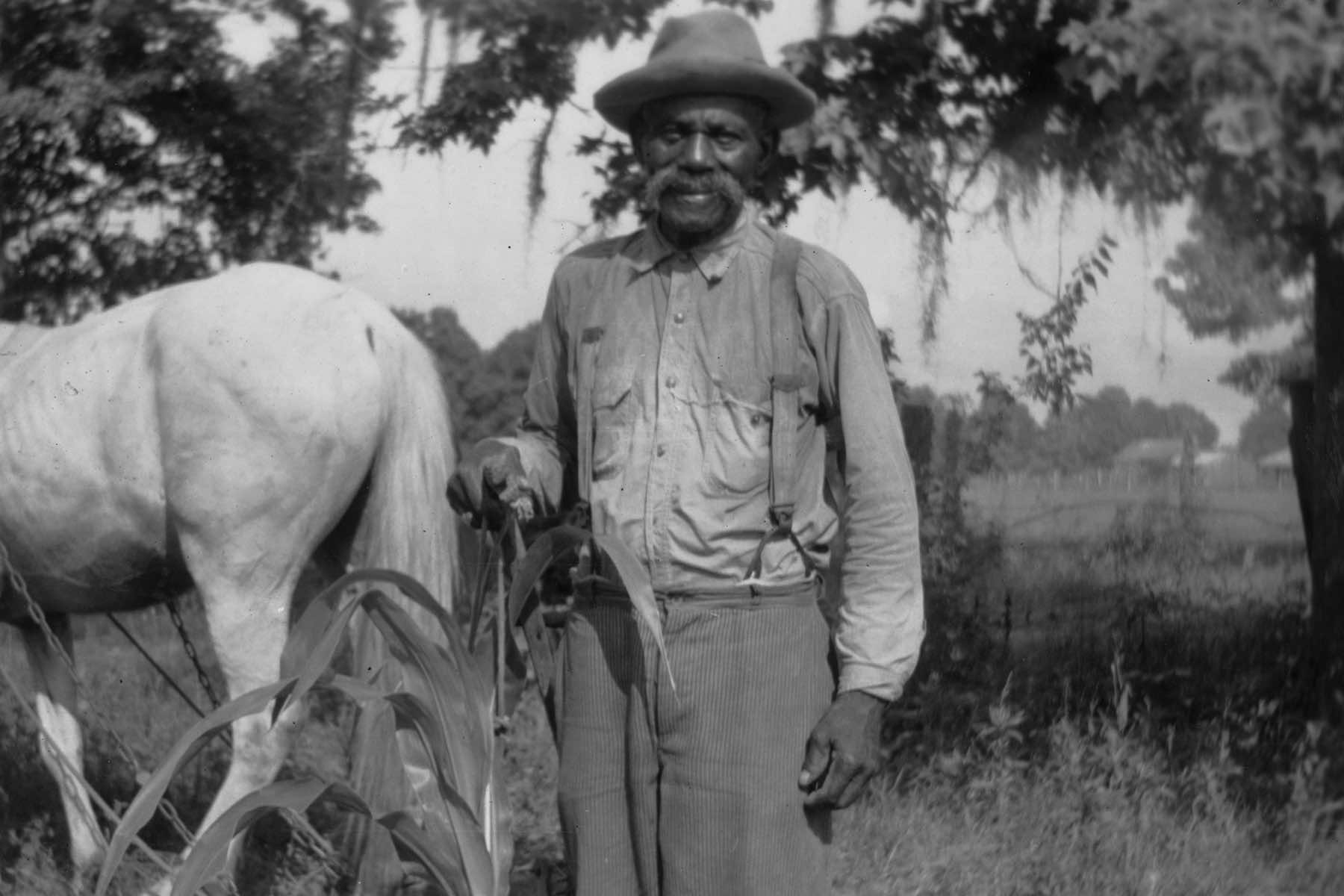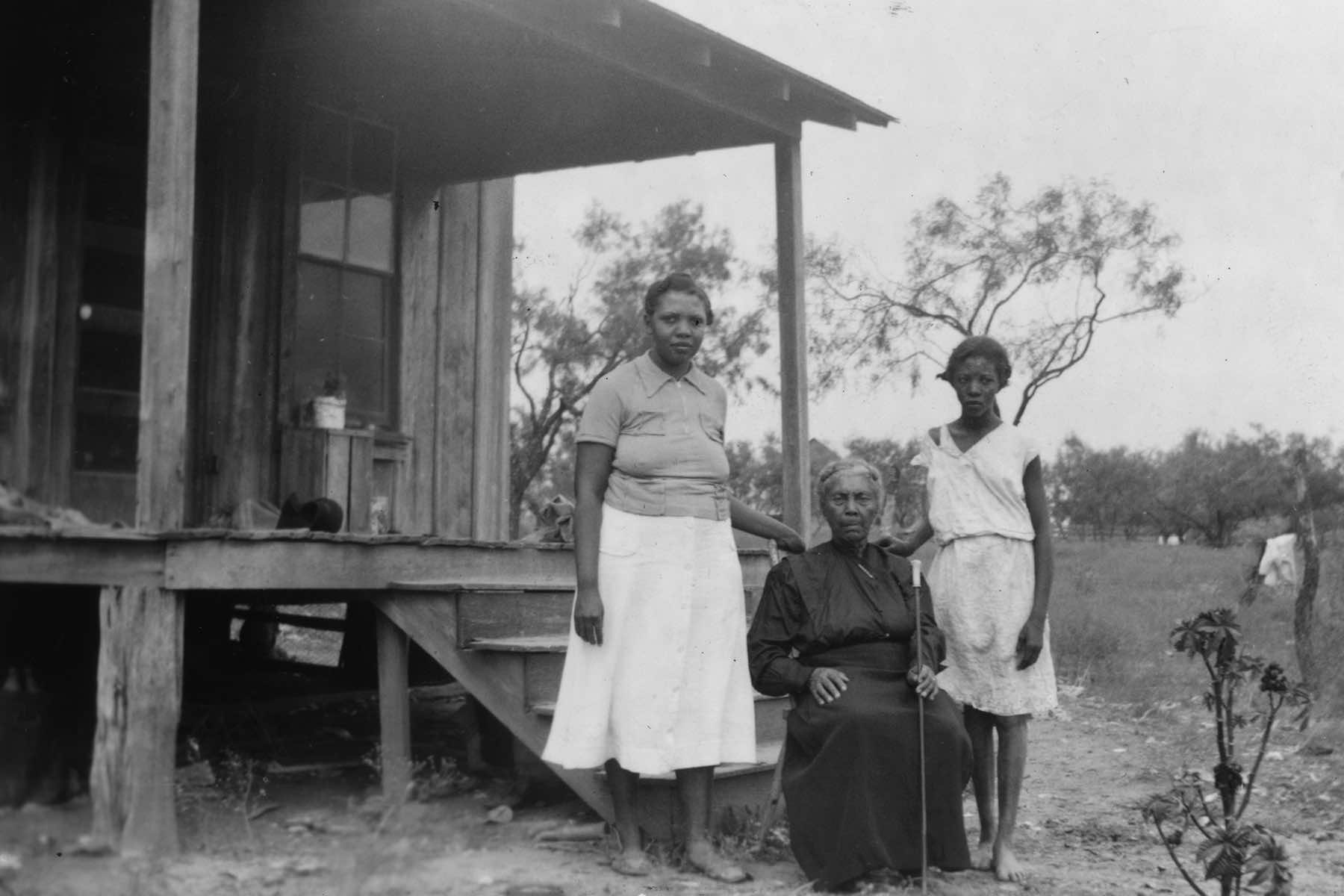
The twisted interpretation of Christianity by pro-slavery advocates in the Confederacy is one of the most troubling and insidious chapters in American history.
To defend the indefensible institution of slavery, Southern theologians and politicians clung to a highly selective and morally bankrupt reading of the Bible. They sought to justify the oppression and dehumanization of millions of Black people by distorting the core message of the Christian faith.
By doing so, they ignored the Bible’s call for justice, equality, and liberation, the values of salvation that are incompatible with the existence of slavery. The use of scripture to support slavery was not a harmless theological debate. It was a deliberate and calculated distortion, designed to maintain a brutal system of racial subjugation.
The Confederacy’s reliance on a false biblical narrative to defend slavery was not just an intellectual mistake, it was a moral catastrophe that caused immeasurable suffering and had far-reaching consequences for generations of Americans.
THE BIBLE AS A TOOL FOR OPPRESSION
Pro-slavery advocates in the South were not shy about using the Bible to legitimize the institution of slavery, gaining momentum in the 1830s and 1840s. Their argument centered on several key scriptures that, when taken out of context, could be twisted to support slavery as a divinely ordained system. But these interpretations, when examined carefully, reveal a shocking disregard for the broader principle of love that runs through the Bible.
One of the most prominent arguments used by slavery defenders was the so-called “Curse of Ham” from Genesis 9:18-27. According to the story, Noah curses Ham’s son, Canaan, declaring that he and his descendants would be “servants of servants.” Pro-slavery theologians, in an utterly twisted reading of the text, claimed that African people were the descendants of Ham, and therefore, were divinely destined to be enslaved.
Such a racialized interpretation, rooted in a pseudoscientific racial hierarchy, had no basis in the actual text of the Bible. It was an invention, a convenient way to justify a system that was cruel and inhumane.
The use of the Old Testament laws, particularly those found in Leviticus and Exodus, was another key element of the pro-slavery argument. Advocates pointed to passages like Leviticus 25:44-46, which allowed Israelites to possess slaves from other nations, and Exodus 21:2-6, which outlined the treatment of Hebrew slaves.
They argued that those passages demonstrated that slavery was not just allowed but sanctioned by God. Yet, the interpretation ignored the context in which these laws were given. Slavery in the Old Testament was often a form of servitude resulting from economic hardship or debt. It was not based on race, nor was it intended to be a permanent or hereditary condition.
In contrast, the slavery that existed in the American South was rooted in the idea that one race of people was inherently inferior to another, and it was a system designed to be lifelong and passed down through generations.
Perhaps the most widely cited New Testament scripture used to justify slavery was Ephesians 6:5, where Paul instructs slaves to “obey your earthly masters with respect and fear, and with sincerity of heart, just as you would obey Christ.”
Pro-slavery theologians used this passage to argue that the New Testament supported slavery and that slaves should accept their position with humility and obedience. Again, it was a gross misreading of Paul’s letters.
Paul was not condoning slavery. Rather, he was addressing the reality of slavery in the Roman world, encouraging slaves to act with integrity and dignity within the circumstances they found themselves. But the message of personal dignity and virtue was not about upholding slavery as an institution.
Paul’s message, when understood in the context of his overall teachings, was one of equality before God. Paul himself, in his letter to Philemon, urged Philemon to receive his runaway slave, Onesimus, as a brother in Christ. It was a radical departure from the status quo of slavery.
A CONVENIENT AND DECEPTIVE NARRATIVE
The selective use of these Bible verses by pro-slavery advocates was not about honest biblical interpretation. It was about maintaining power and justifying an unjust system. In the eyes of the Confederacy, slavery was not just an economic system. It was an ideological one, deeply woven into the corrupt fabric of Southern society.
The Bible was the perfect tool to defend their unChristian way of life, even though the Bible, when read in its entirety, does not support the institution of slavery. The teachings of Jesus, for example, center around the radical idea of love and equality for all people, including those who were oppressed, marginalized, and despised by society.
Jesus reached out to the sick, the outcast, and the poor. His message was one of freedom not one of subjugation. And Paul’s letters, while often misused to justify slavery, also contain powerful calls for unity and equality.
In Galatians 3:28, Paul famously wrote, “There is neither Jew nor Greek, slave nor free, male nor female, for you are all one in Christ Jesus.” The message, that all people are equal before God, directly contradicts the pro-slavery arguments of the Confederacy.
The very notion that one human being could claim dominion over another, based on race or any other factor, flies in the face of the fundamental principles of Christianity. The heart of the Christian gospel is not the preservation of hierarchical social structures, but the elevation of the oppressed, the breaking down of societal barriers, and the affirmation of human dignity for all people.
THE HYPOCRISY OF THE CONFEDERATE CHRISTIAN DEFENSE
What is most galling about the Confederate Christian defense of slavery is the sheer hypocrisy on display. The Confederacy, which wrapped itself in the language of Christian righteousness, was, at its core, defending a system built on violence, exploitation, and dehumanization. The ideology was based on power, about keeping the enslaved in their place, economically, socially, and spiritually.
The same people who claimed the Bible justified their actions were the ones profiting from the brutal exploitation of Black people, denying them basic human rights, and committing unspeakable acts of cruelty. The very same people who said they were upholding Christian values were, in fact, denying the foundational Christian principle of “love thy neighbor as thyself.”
The Bible was never meant to be used as a tool to justify oppression. The misuse of scripture to defend slavery was a perversion of the Christian faith. The Southern church’s embrace of slavery was not an expression of genuine Christian belief, but a perversion of Christianity for the purposes of maintaining a social order that benefitted a privileged few.
The false interpretation of Christianity also had deep and lasting consequences. The legacy of using religion to justify slavery did not end with the Civil War. For decades, religious arguments were used to justify segregation, racism, and the disenfranchisement of Black Americans. The distortion of Christianity continues to haunt the church today, as some still use selective, racially charged readings of scripture to promote ideologies of inequality and White supremacy.
THE CHRISTIAN MESSAGE OF LIBERATION AND JUSTICE
The real message of Christianity is one of freedom, justice, and equality. The true teachings of Jesus are about dismantling the systems that oppress and marginalize people. They call us to love our neighbors, not as a command to keep them in chains, but to recognize their inherent worth and dignity as children of God.
The legacy of slavery in America still looms large today, as the fight for racial justice and true equality before the law remains ongoing. Unfortunately, the distortion of Christianity that once served to justify slavery is still echoed in some corners of today’s political landscape, particularly within right-wing politics. Just as slavery was defended through selective, harmful interpretations of scripture, modern-day rhetoric continues to twist faith and values to uphold systems of inequality and oppression.
Christians must be vigilant against the distortion of faith for political or ideological purposes. The Bible can be used to justify anything, but that does not mean it is justifiable. The true message of Christianity stands in stark contrast to the oppression and dehumanization of others. It is a message of love, mercy, and justice — principles that were ignored by those who used the Bible to defend slavery.
FAITH IN PHOTOS DOCUMENT THE MODERN LEGACY OF SLAVERY
In the 1930s, as part of the New Deal’s Farm Security Administration (FSA), the U.S. government documented the lives of former slaves who were still alive after decades of emancipation. Photographers like Dorothea Lange and Jack Delano captured over a thousand images, now preserved in the Library of Congress.
These photographs provide a rare glimpse into the lives of elderly African Americans who had lived through the brutalities of slavery and were now dealing with the ongoing effects of racism and poverty during the Great Depression.
By the time the FSA photographers began their work, slavery had been abolished for nearly 70 years, and the Civil War had been over for almost seven decades. Yet, many of those former slaves were still alive, some of them having been born into slavery in the 1850s or early 1860s.
The project was significant for preserving the history of slavery through the faces of those who lived it, and as a reflection of the struggles experienced by Black Americans in the post-Reconstruction South under Jim Crow laws.
© Photo
Library of Congress



















